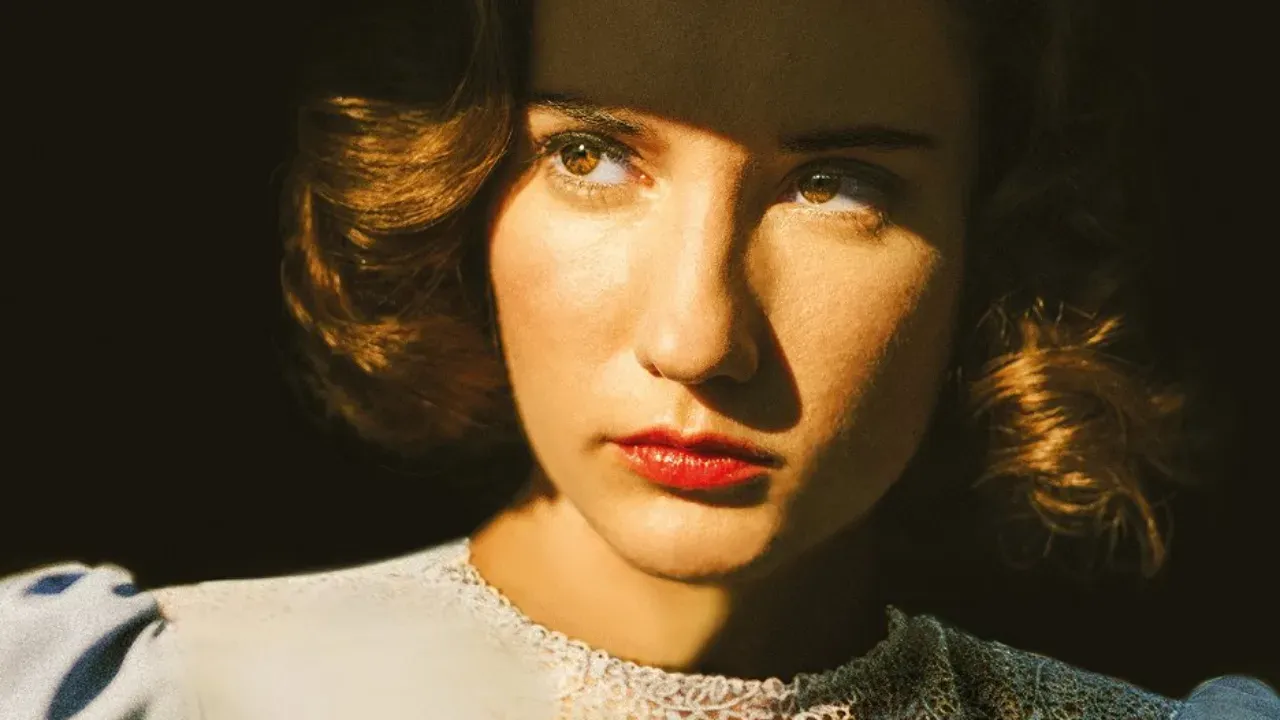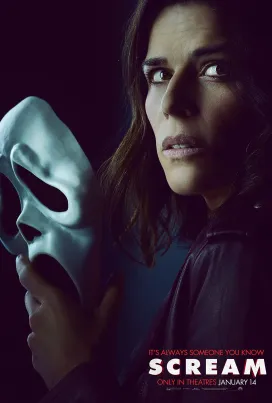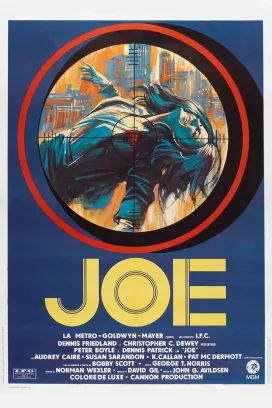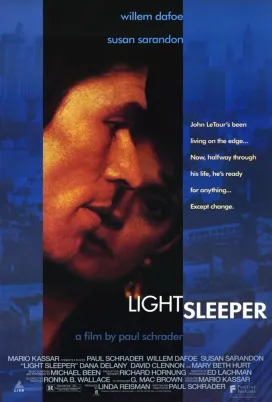Where to Watch We Have Never Been Modern
Discover where We Have Never Been Modern is available to stream, rent or buy across different platforms and countries.
We're sorry, no streams available for We Have Never Been Modern.
Why I took it off the list: The beautiful, evocative, and intriguing poster for this Czech/Slovak co-production more than anything else. I didn’t know much else about it.
When I read the description of the movie, I was even more intrigued and decided to track it down. So, let’s dig in!
Review of We Have Never Been Modern (Úsvit)
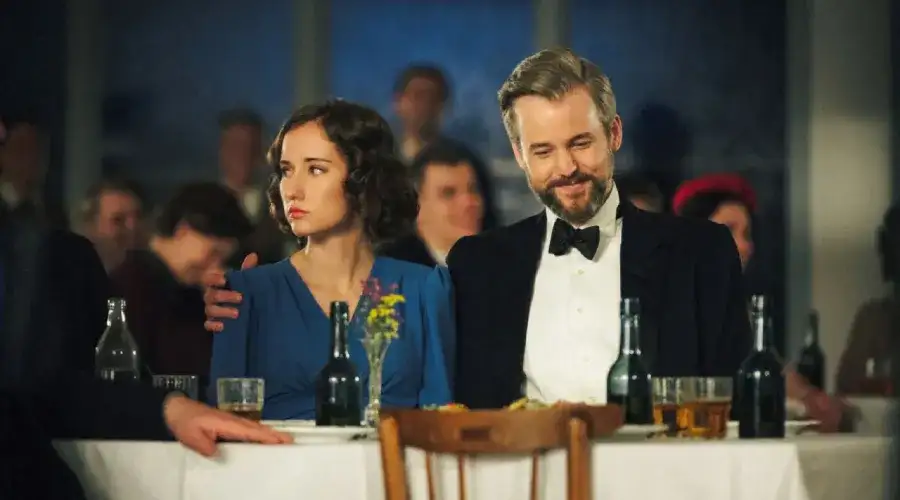
Set in a newly built and rapidly expanding industrial town in 1937 Czechoslovakia, We Have Never Been Modern opens with the sounds of a celebratory dinner, clinking cutlery, and excited chatter.
The first image we see is a close-up of the face of Helena, the heavily pregnant wife of a prosperous textile factory director. But she’s not excited or happy: she looks sad and worried.
A reverse shot shows what she’s looking at: a young girl in a traditional outfit, singing a beautiful folk ballad.
But the little girl is shot upside down, and the lyrics are doom-leaden and melancholy, which sets a tone of unease from the beginning.
This dread-filled opening is soon sharply contrasted with a flashback to an idyllic scene where Helena and her husband Alois frolick by a lake against a gorgeous mountain backdrop.
They then drive through verdant pastures where a cheerful billboard welcomes them back to “the town of the future”, complete with a retro illustration of a smiling, happy family.
This is apt, as the film looks like a technicolor propaganda poster from the period come to life.
It boasts some truly exceptional pastel-colored cinematography and production design. There’s also some creative use of cut-out animation sprinkled throughout the film.
But We Have Never Been Modern also turns out to have a deep and gripping story to go along with all the visual flair.
A Fascinating Story
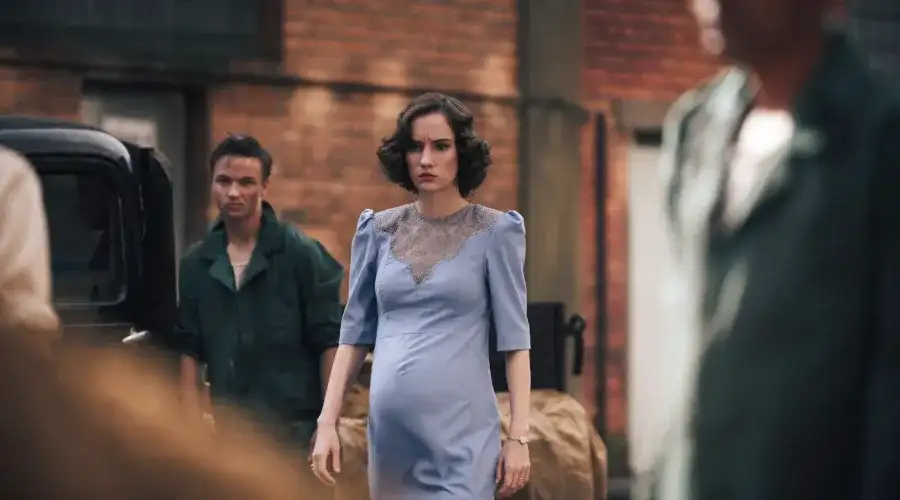
The plot kicks into gear when Helena pays an impromptu visit to Alois’ factory, only to discover that laborers have dug up something troubling in a pile of sand: the body of a newly-born baby, the umbilical cord still attached.
But what troubles the workers the most is, as one of them puts it: “It shouldn’t have both that and that, should it?”. The dead baby is intersex.
While her husband and the other company execs try to censor and cover up this unacceptable discovery, an increasingly disturbed Helena takes it upon herself to investigate where this child came from and what happened to it.
Things are complicated with the arrival of secret police agents from the city, who are determined to prove that some bad actor snuck the baby onto factory grounds in an act of communist sabotage.
But it’s clear to the rational-minded Helena, who studied medicine before giving it up for family life, that the baby was born on the premises.
To say any more would be to deprive you of the many surprising twists and turns this story takes, and I think it’s better to discover them on your own.
Eliska Krenková Shines as a Strong Lead Character
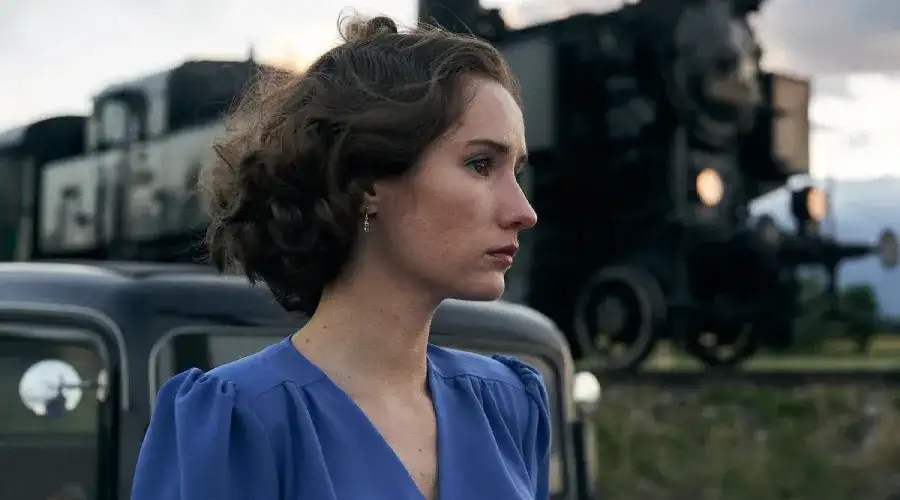
What I will say is that Helena is a fascinating, incredibly well-drawn character who turns out to be truly heroic, kind, and empathetic.
And the fact that the surrounding society is the exact opposite of these traits generates considerable dread and tension. You want her to succeed in her mission to prevail over reactionary minds and simply help.
Actress Eliska Krenková is luminous and commands the screen throughout the film.
She expertly conveys Helena’s struggle to be a dutiful wife while still trying to assert her headstrong nature in the face of the endless gaslighting and denial of the men around her.
That this kind of story is set in the period is it gives us an idea that we are not in store for a particularly happy ending.
“Society is evolving,” an optimistic Helena tells a despairing character at one point. “Give it 5 or 10 years”.
The tragedy is that Czechoslovakia will be under Nazi control by the end of 1938, and the bright future Helena dreams of is even further away than she hopes.
What’s even more heartbreaking is that we haven’t reached it even now.
Final score: 10/10
We Have Never Been Modern (2023): Worth Watching?
Yes, We Have Never Been Modern is a lushly shot, incredibly well-acted drama/thriller that tackles some thorny issues with sensitivity and grace.
Anchored by a fantastic lead performance and brimming with tension, this is an important and thought-provoking film.


